Phytoplankton algae are microscopic aquatic organisms that play a crucial role in maintaining the health of our planet. These tiny marine plants form the foundation of ocean food webs and contribute significantly to oxygen production, carbon cycling, and global climate regulation. Let’s dive into why phytoplankton matter so much for marine ecosystems, the climate, and even the air we breathe!
Key Takeaways
- Phytoplankton produce about 50% of Earth's oxygen through photosynthesis.
- They form the foundation of marine food webs, supporting diverse ocean life.
- These organisms play a vital role in carbon sequestration and climate regulation.
- Phytoplankton are sensitive to environmental changes, making them key indicators of ocean health.
- Adding phytoplankton to aquariums enhances water quality and supports marine life.
What Are Phytoplankton Algae?
Phytoplankton are single-celled plants that float in water and use sunlight, nutrients, and carbon dioxide to create energy through photosynthesis. These organisms are often invisible to the naked eye, but when they bloom in large numbers, they can turn the water green, blue, or even brown. Their size ranges from less than 1 micrometer to several hundred micrometers, making them one of the smallest yet most powerful life forms in the ocean.
Phytoplankton come in various types, including:
- Diatoms – Known for their glass-like cell walls made of silica
- Dinoflagellates – Equipped with tiny tails (flagella) for swimming
- Coccolithophores – Covered with calcium carbonate plates that contribute to the carbon cycle
Each type plays a unique role in marine ecosystems, providing nutrients for countless marine organisms. Explore our collection of phytoplankton cultures to learn about their amazing diversity and benefits!
Why Are Phytoplankton Algae Important?
Phytoplankton are essential for life on Earth. They produce around 50% of the planet’s oxygen through photosynthesis, meaning every other breath you take is thanks to these tiny marine plants. Beyond oxygen production, phytoplankton play a critical role in regulating carbon dioxide levels in the atmosphere. They absorb CO2 during photosynthesis, acting as natural carbon sinks that help mitigate climate change.
Key Benefits of Phytoplankton
- Generate about 50% of Earth's oxygen through photosynthesis
- Form the base of marine food webs, supporting diverse ocean life
- Absorb carbon dioxide, aiding in climate regulation
- Contribute to nutrient cycling in marine ecosystems
- Act as indicators of ocean health and environmental changes
Phytoplankton in Your Aquarium
Phytoplankton are not just essential in oceans; they can also benefit your aquarium! By introducing phytoplankton, you support the natural food chain within your tank. These tiny plants help maintain water quality by consuming excess nutrients and serving as food for filter feeders, corals, and clams. Phytoplankton also stabilize water chemistry, creating a healthier environment for all marine life.
Our specially designed phytoplankton products at AlgaGenDirect ensure your aquarium thrives. Check out our options to find the perfect blend for your tank:
The PhycoPure Reef Blend is a mix of phytoplankton species that feed various marine invertebrates in reef aquariums, while the PhycoPure Greenwater is ideal for feeding smaller filter feeders and creating a more natural ecosystem in your tank. Both products provide exceptional nutrition to ensure a thriving aquatic environment.
Phytoplankton and Climate Change
Phytoplankton are vital in combating climate change. As they absorb carbon dioxide during photosynthesis, they help regulate atmospheric CO2 levels. However, rising ocean temperatures and acidification are affecting their growth. Warmer seas can disrupt nutrient mixing between deep and surface waters, limiting the food supply for phytoplankton and potentially reducing their populations in some regions.
These changes don’t just impact phytoplankton; they ripple across marine food webs and global climate systems. As a result, scientists are actively studying how to protect phytoplankton populations and their crucial role in ocean health.
Phytoplankton Products for Your Tank
At AlgaGenDirect, we offer premium phytoplankton products to help your aquarium thrive. Whether you're managing a reef tank or cultivating filter feeders, our specialized blends are designed to boost your tank's ecosystem. Let’s explore some of our top picks:
Phyto-Plasm Phyto Brown is packed with diatoms and flagellates, perfect for feeding filter feeders and boosting your tank's biodiversity. Phyto-Plasm Phyto Green offers a mix of green algae species that provide essential nutrients to a wide range of marine life. Both come in convenient pouches for easy use, supporting the growth and health of your aquarium.
The Future of Phytoplankton Research
Phytoplankton research is constantly advancing, with scientists employing innovative methods like genetic analysis, satellite imaging, and underwater robotics to study these organisms. By understanding their behaviors and responses to environmental changes, we can better protect marine ecosystems and tackle global challenges like climate change.
Underwater Robots
Autonomous vehicles that explore oceans and collect data on phytoplankton populations.
Satellite Imaging
Global tracking of phytoplankton blooms and their impact on marine ecosystems.
Genetic Analysis
DNA studies to identify phytoplankton species and understand their adaptations.
Ocean Sampling
Direct collection of water samples to analyze phytoplankton diversity and health.
Conclusion
Phytoplankton may be tiny, but they have a massive impact on our planet. From producing oxygen and regulating carbon dioxide to supporting marine ecosystems, these microorganisms are essential to life on Earth. As research continues to unveil their mysteries, we gain new tools and strategies to protect our oceans and combat climate change.
Ready to bring the power of phytoplankton to your aquarium? Explore our full range of phytoplankton products and elevate your tank’s health and biodiversity today!




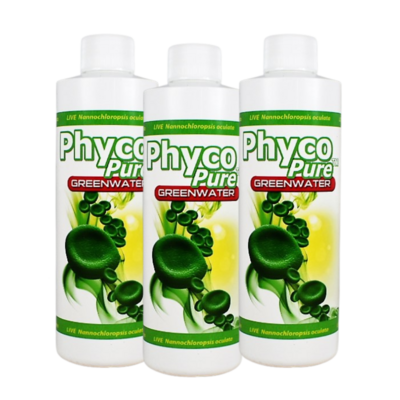
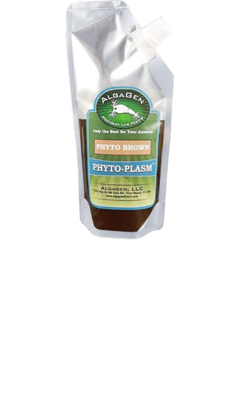
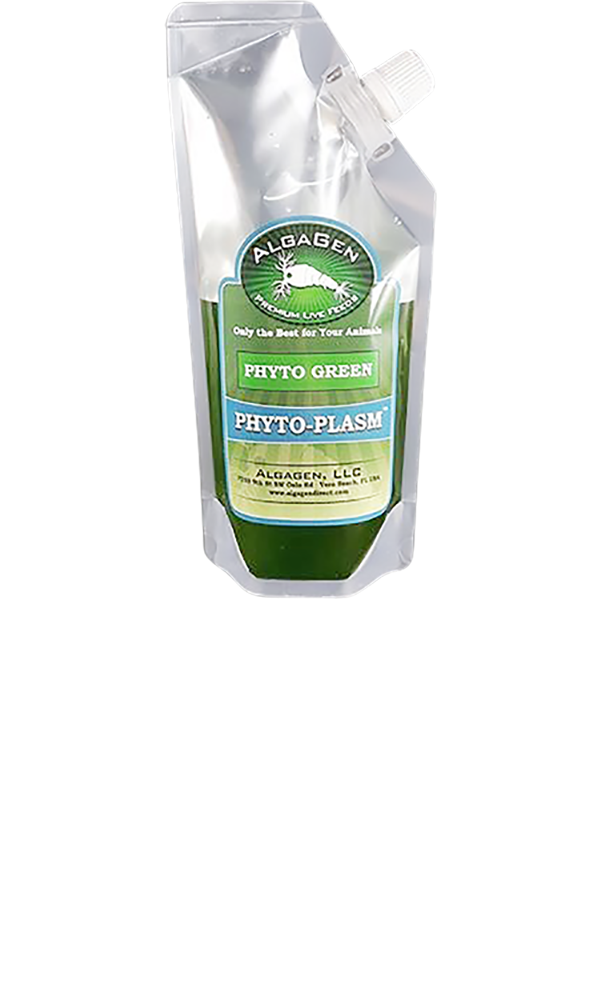

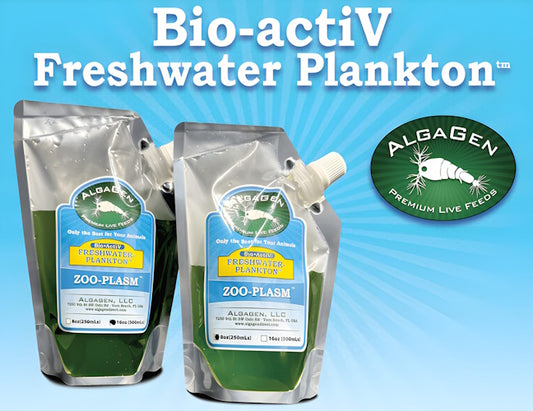
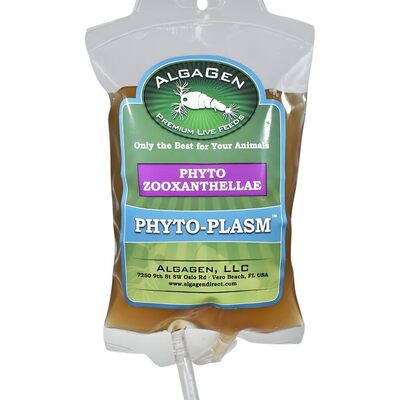

Recent post